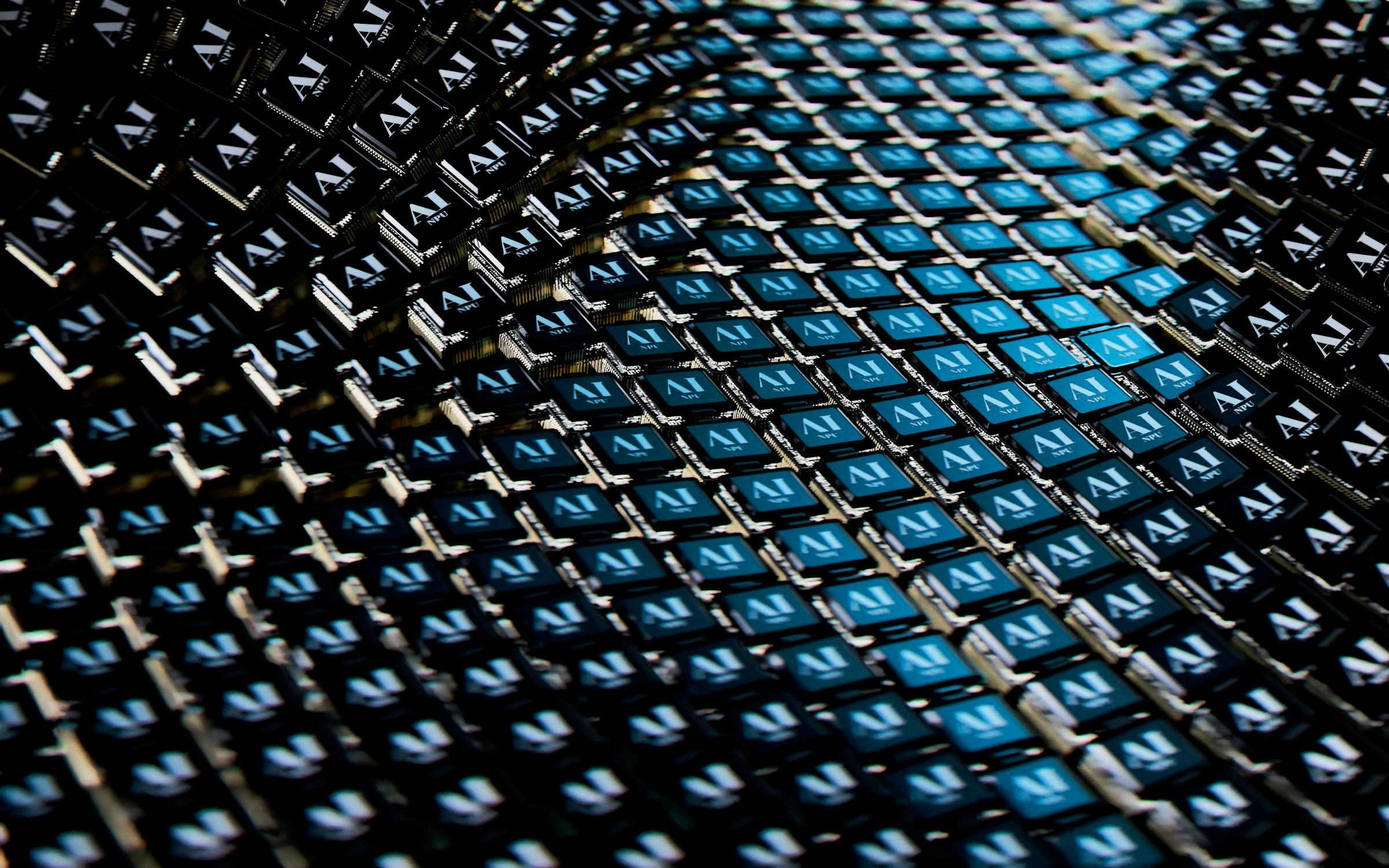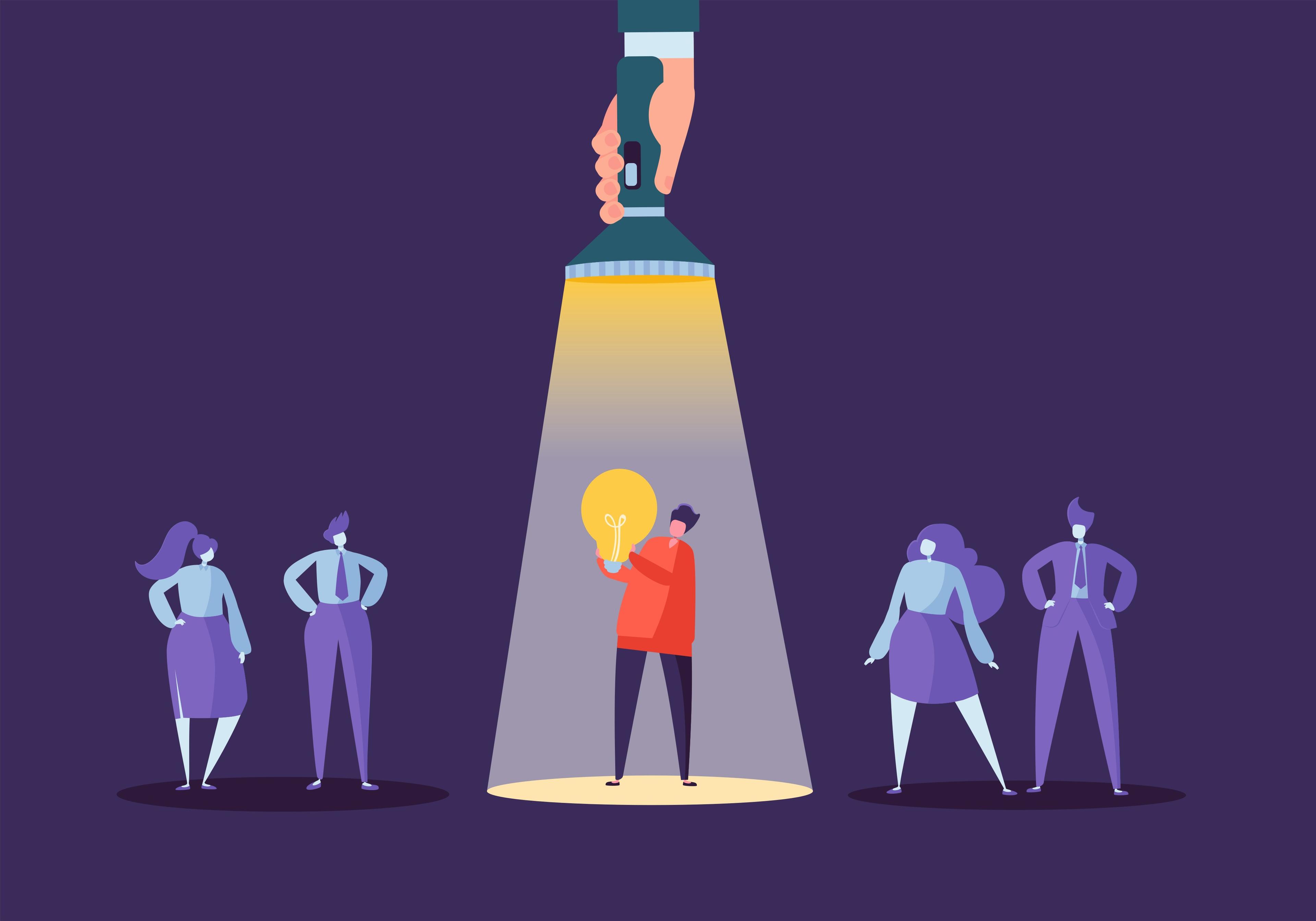How do scams impact people?
It often starts with a ping that feels routine, a delivery text, a bank alert, a message that reads like a favor from a colleague. You are standing near the sink or the shoe rack, in that in-between moment before dinner or before the school run, and you tap. The pathway from calm to panic can be short. When a scam slips through, it does not only take money. It enters the home and moves furniture around in your mind. Suddenly the comfortable hallway feels like a corridor full of mirrors. You look at every notification like a stranger at your own door.
The immediate loss is the part we talk about. The quiet losses are the ones that linger. Confidence shrinks. Everyday tools start to feel like traps. The apps that once saved time now look like doorways you must measure twice before you cross. People describe it as a fog that stays after the storm. You cancel cards, you reset passwords, you call the hotline and wait. Then you make tea and realize the kettle light, once a cue for calm, now reminds you of a red dot on a screen that changed your day.
Scams impact attention first. They teach the brain to scan for threat, to flick from message to message, to expect tricks inside ordinary sentences. Attention is a home utility, like water or light. When it is diverted by suspicion, daily flow changes. Meals take longer because you recheck emails between stirring the pot and setting the table. Conversations thin out because your eyes keep sliding to notifications, not because you want to, but because fear has built a reflex loop. This is not a failure of will. It is a natural response to a breach.
Next comes the shift in trust. Trust in systems, in institutions, in your own judgment. If you clicked, shame might show up in the kitchen before you do, sitting there on a bar stool like an uninvited guest. You start to narrate your day with second guesses. Should I open this? Should I answer that call? You tell yourself you are being cautious. Caution is healthy. Yet constant vigilance uses energy that used to belong to other things, folding laundry, reading stories, remembering birthdays, watering the basil. The home feels more guarded, less generous. The lock works, the windows are shut, but the air does not move quite the same.
Money matters, of course. Even when the bank returns funds, there is lost time and paperwork, and the sense that your financial plan has a hairline crack. For some, the loss is significant and changes what is possible this month or this quarter, a delayed trip, a postponed appliance upgrade, a tuition payment that now needs a patchwork solution. Budgets are living systems. A sudden leak changes how the rest of the house functions, what gets repaired, what waits. The fridge still hums, the fan still turns, but the buffer thins. When the buffer thins, stress grows roots.
Relationships adjust under the weight. People who have been scammed often tell fewer people than they should, which means the early days of repair can be lonely. Partners may discover it by accident, a statement line, a frantic call, a stack of reset emails. Children may feel the temperature change without knowing why. Friends notice the new hesitations, the declined dinners, the silent group chat replies. Scams try to steal money. The harder theft is connection. When fear is private, it multiplies. When fear is shared with people who care, it usually shrinks.
Homes respond to design, not only to willpower. After a breach, the house can help you heal. Start with the places where decisions happen, the entry table, the kitchen counter, the desk. These are spots where phones land and attention drifts. Place a small card tray for important items, and an equally visible notepad for verification steps. Write down a simple sequence that you can follow when something feels urgent, pause, check the sender, use the official app, call the number on the back of the card, not the one in the message. When the rule lives in the room and not only in your head, you rely less on adrenaline.
Light shapes mood. Warm light near your work nook or charging station says you are in a calm zone, not a crisis bunker. Keep chargers away from the bed if you can. Night scrolling is when fear grows teeth. Mornings feel clearer when the first hour belongs to real life, not to unknown links. Some people use a charging drawer in the hallway to create a soft boundary. The drawer becomes a ritual, an out-of-office for your nervous system, a small cabinet that tells you the day has ended and everyone made it home.
Language helps too. Create simple code phrases with family members for money and identity checks. It can be as ordinary as a favorite snack or a childhood street name. If a message arrives that sounds like a request from someone you love, ask for the phrase over a voice note or call. This is not paranoia. It is a kind door rule, like looking through a peephole before you open. Friends can adopt the same habit. Community is a strong filter. When groups share examples of suspicious messages without judgment, everyone learns faster, and shame has fewer rooms to hide in.
Technology can support the design if you let it be the furniture and not the boss. Password managers remove the mental gymnastics and reduce the urge to reuse logins. Browser settings that block pop-ups and autofill only inside trusted profiles make a difference. Notifications can be grouped by priority so that real bank alerts are not competing with every sale or shipping update. A second email address for shopping and newsletters keeps your main inbox cleaner, which means an odd spike is easier to see. These are not grand gestures. They are tidy drawers in a digital house.
Money routines can become rituals that replace panic with rhythm. A weekly bank check, same day and time, turns vigilance into a simple practice. If you use multiple accounts, align the glance across them so your eye learns the pattern of what is normal. Keep a small emergency cushion in a separate institution where app access is familiar. When a card is frozen and you still need groceries or transport, the cushion carries you through the administrative week. Contingency is not fear. It is hospitality for your future self.
Children notice what adults feel. If you have young ones, narrate safety as a caring habit, not as a scary rule. You can say that families protect information like they protect their front door, and that names and numbers live in a safe place inside your devices. Invite them to practice small checks with you, reading the sender, spotting odd grammar, noticing the tone of urgency. When children learn to slow down at the point of contact, they carry that pause into other choices, not only digital ones. It becomes part of the home’s language, like shoes off at the door and lights off when you leave a room.
Recovery takes both paperwork and grace. The paperwork has steps that are clear. Call the bank, file the report, document the timeline, save screenshots, change passwords, inform the platforms. Grace is less linear. It means you stop narrating the event as proof that you are careless. You are not careless. You were targeted inside a system that rewards deception and speed. Good people get caught because the tools we rely on for life also deliver the scripts that trick us. The answer is not to shrink your life. The answer is to edit your inputs and strengthen your cues.
There is also the broader climate to consider. Scams thrive when the rhythms of work and life compress into permanent hurry. When people are rested, they read better. When mealtimes and weekends have at least one device-free hour, families breathe and think in full sentences again. It is easier to catch a lie when your day has white space. Micro breaks are not a luxury. They are part of safety. Even a three minute reset between tasks can reset your threshold for what feels urgent.
Some households create a small verification shelf near the entryway, a place for letters that claim to be official, for bills that require a second look, for packages that feel odd. The shelf is not a storage black hole. It is a pause station. Once a week, during a calm hour, the family goes through the stack together. You learn each other’s patterns, which accounts exist, which do not, which agencies will never call you at night, which services only message within the app. The act builds shared literacy. Meanwhile, the scammers lose the advantage of surprise.
Community reporting strengthens the long game. Many countries now have centralized portals to submit suspicious messages, and telcos and banks adjust filters based on those reports. It is quiet work, not glamorous, but each entry is like compost in a garden bed. The soil gets richer. The next person who might have fallen into the same hole finds the ground a little firmer. If your neighborhood or workplace chat has a culture of sharing scam formats without panic, keep it going. These informal archives save both money and attention.
If you are still carrying anger, you are not alone. Anger is the heat that remains when control has been taken. Use it to design something kinder and stronger. Choose a new morning sequence that keeps news and messages outside your first fifteen minutes. Replace a jumpy ringtone with a gentler sound. Move a plant or a lamp to soften the desk where you handle payments. Let the space invite you to slow down. Small environmental edits can do what rules often cannot. They change behavior by making the better path feel natural.
There is a question at the center of all this. What kind of home helps you trust again. The answer will look different for each family. For some, it is a low table with a simple tray for mail, and a rule that nothing financial is decided after nine in the evening. For others, it is a family logbook where any unusual message or call is recorded before action is taken. In some homes, it is a shared list of official contact points taped to the inside of a cabinet. What matters is not the gadget. What matters is the rhythm. Rhythm is how safety becomes ordinary again.
In the end, a scam tries to rewrite your story. It tells you that the world is only trick and trap, that you should live smaller to stay safe. You do not need to accept that script. You can write a different one, one where design carries some of the load, where rituals make space for discernment, where community replaces secrecy, where money routines feel like care. Ask yourself, how do scams impact people, and then ask a second question, how can my space and my habits return me to steadiness. The first question names the harm. The second question builds the home that heals it.
What we repeat becomes how we live. Choose warmth, choose rhythm.









.jpg&w=3840&q=75)
.jpg&w=3840&q=75)



.jpg&w=3840&q=75)
.jpg&w=3840&q=75)